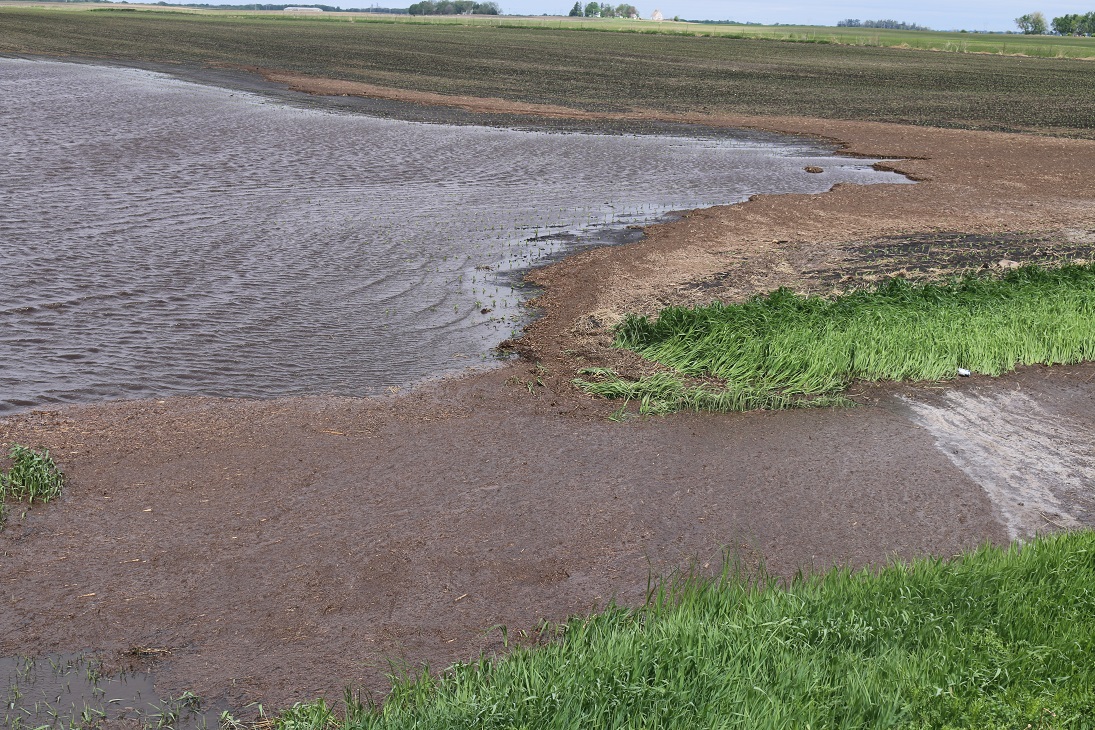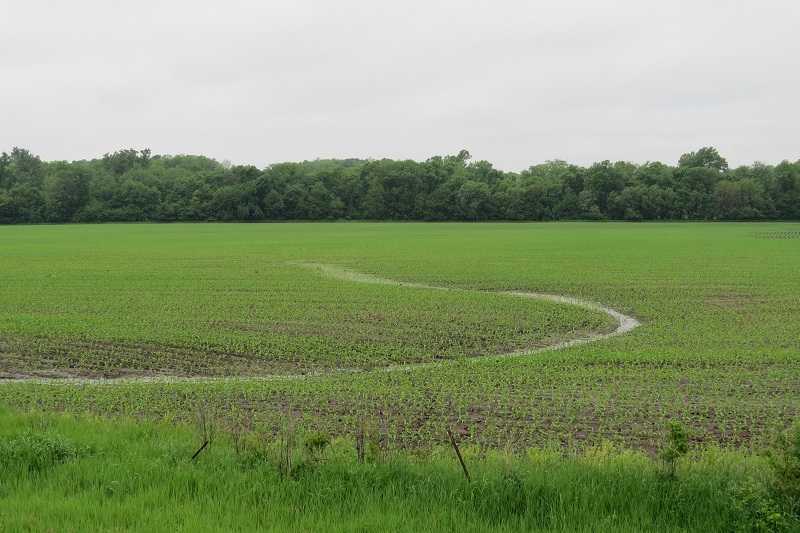
To the editor:
The T.V. commercial opposing the Des Moines Waterworks’ legal action against three county drainage districts in northwest Iowa makes misleading statements. The commercial gives the impression that individual farmers are being sued. This is incorrect.
The legal action is against drainage districts, not against farmers or landowners. Under Iowa law, the drainage districts are run by the county supervisors. They are responsible for operating and maintaining the drainage district system.
The Des Moines Waterworks (DMWW) is saying that the districts are allowing water containing known pollutants to be discharged into Iowa’s waterways via drainage ditches and that the ditches are a “point source of pollution” and should be regulated by the Federal Clean Water Act.
The discharge from the drainage ditches should be treated the same way as a discharge from a municipal sewage facility. DMWW wants drainage districts to be regulated and be required to have a permit for discharge. This is what the courts will decide.
Here is the most egregious statement made in the Iowa Clean Water Alliance’s T.V. commercial: ” Currently, Iowa’s rivers are the cleanest they have been in 20 years.” It is ironic that the alliance’s claim was made the same week that the Iowa Department of Natural Resources reported that the number of Iowa’s “Impaired Bodies of Water” have increased 15 percent in the last two years.
There are now 725 bodies of water on the list, according to a Des Moines Register report on May 15. The North Raccoon River, which flows through Dallas County, is one the most polluted.
The Iowa Clean Water Alliance does not provide any data to backup its statement regarding water quality. I am not seeing the rivers getting cleaner. I do a monthly nitrate test on three drainage tiles that flow into a creek near Perry. From late winter to May, these three tiles have consistently had nitrate readings from 15 to 20 milligrams per liter. More that 10 milligrams per liter is considered unsafe in drinking water.
I did nitrate tests on the waters of the North Raccoon River, from Greene County to Dallas County, on a recent canoe trip and found similar nitrate readings.
The river’s color is also a sign of water quality. The North Raccoon River was a chocolate brown, indicating a lot of soil erosion. The soil washing into the streams carries fertilizer, manure and other undesirable chemicals that have a harmful effect on wildlife and humans.
It has been many years since I have caught a walleye or smallmouth bass in the Raccoon River, fish that need clean water. It has been equally as long since I have see a live mussel or clam in the river. They are dying because of nitrates in the water.
Where is the clean water the Iowa Clean Water Alliance commercial is referring to?
I am pleased the DMWW is moving forward with the lawsuit. This action will bring more focus to the problem and hopefully the Iowa Legislature and governor will provide more funds for agricultural conservation practices and regulations to improve Iowa’s water quality.
Ray Harden
Perry


















